How the MPC Revolutionized Beat Making: The Untold Story
In the sonic pantheon of music history, few instruments have left an indelible imprint quite like the Music Production Controller, affectionately known as the MPC. Like an unspoken lingua franca, the MPC’s influence has reverberated through the auditory landscapes of music genres, from hip-hop to techno and beyond, thus shaping the beat making culture.
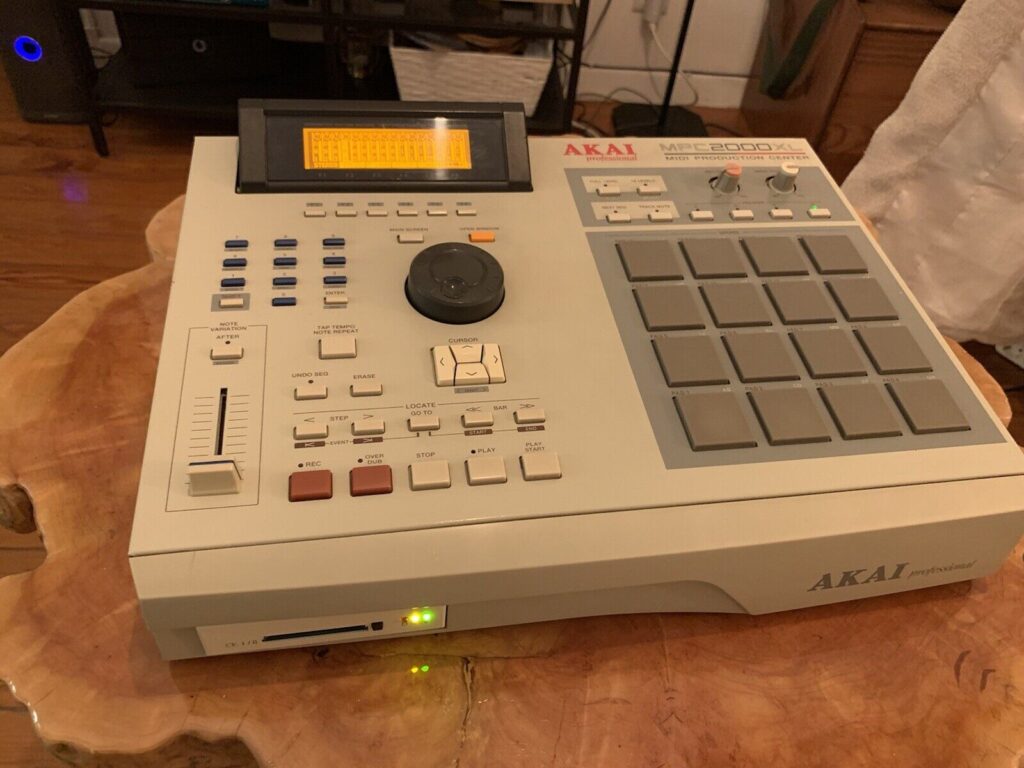
The Genesis of the MPC
Akai Professional unveiled the first MPC, the MPC60, in 1988 – a moment that marked a paradigm shift in music production. The brainchild of legendary engineer Roger Linn, the MPC60 merged a potent drum machine with a flexible sampler and a MIDI sequencer, gifting artists unprecedented versatility in a compact format.
Initially, the MPC was lauded for its tangible interface, a tangible alternative in a burgeoning digital world. The classic 4×4 grid of pads became a canvas for beatmakers, enabling them to conjure intricate rhythms with a tactile intimacy that other digital interfaces lacked.
The MPC: A Nexus of Creativity
Much of the MPC’s allure rests on its ability to sample – a game-changing technology in the late ’80s. Producers could now capture and manipulate audio from various sources, weaving a tapestry of diverse sonic textures. This helped lay the foundations of genres like hip-hop and techno, turning the MPC into a nexus of creativity.
Sampling, as facilitated by the MPC, was more than just an act of music creation; it was a subversive form of cultural expression. Through the MPC, artists repurposed pieces of existing music, creating something new and unique. From J Dilla’s off-kilter hip-hop beats to Aphex Twin’s experimental electronica, the MPC has been instrumental in shaping and defining sounds across the spectrum.
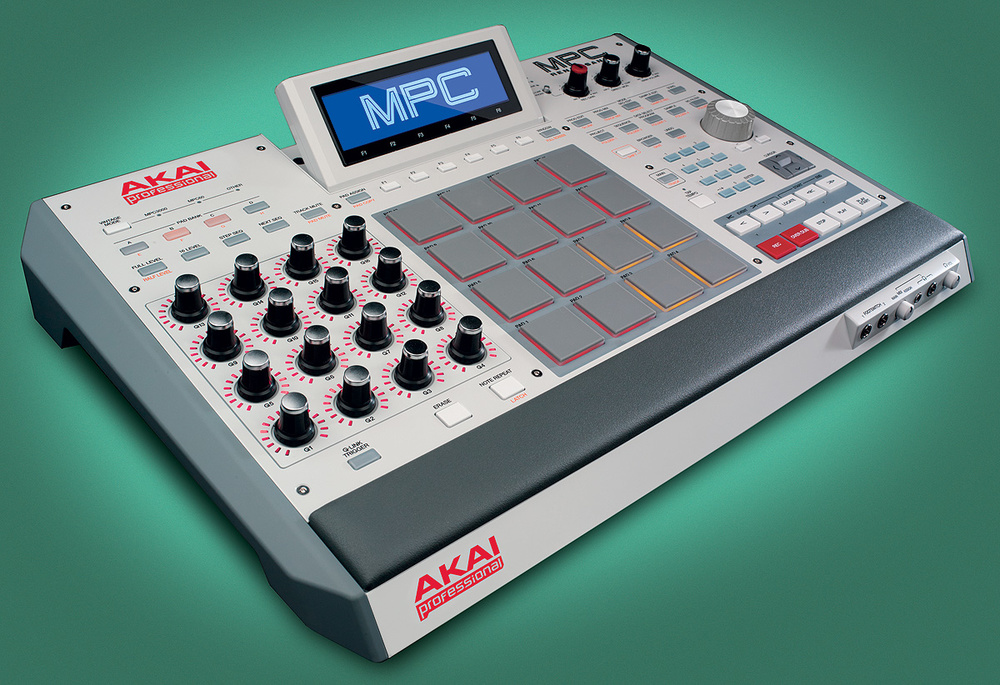
The Cultural Impact of the MPC
One cannot speak of the MPC’s legacy without underscoring its contribution to hip-hop – a genre that has risen from the urban streets to global recognition. Pioneers like DJ Premier and Pete Rock pushed the boundaries of the MPC, layering samples and breakbeats to create their signature soundscapes. The iconic “Boom-Bap” sound of ’90s hip-hop owes much of its gritty authenticity to the MPC’s warm, analogue character.
Techno, another genre indebted to the MPC, leveraged the controller’s sequencing capabilities to shape its rhythmic structure. Producers like Jeff Mills and Richie Hawtin manipulated the MPC’s sequencing features to craft complex, layered patterns that define techno’s hypnotic pulse.
Beyond these genres, the MPC has influenced a wide spectrum of music. Its legacy can be traced in the pulsating basslines of Drum ‘n’ Bass, the atmospheric textures of Ambient, and even in the sonic collage of modern Pop music.
The MPC in the Modern Era
Despite the proliferation of digital audio workstations (DAWs) and software-based production tools, the MPC remains a staple in many studios. The current generation of MPCs maintains the essence of its forebears, melding the classic tactile workflow with modern features like touch screens, Wi-Fi connectivity, and expanded memory.
Producers are drawn to the MPC’s unique blend of hands-on control and deep functionality. It continues to inspire a lineage of beatmakers who value the tangibility and intuitive layout of the MPC, qualities that foster an intimate connection between the artist and their music.
The MPC has also found its way into live performances, offering a dynamic platform for artists to remix and rework their music on the fly. From hip-hop shows to techno raves, the MPC’s robust build and intuitive interface make it a powerful tool for real-time music manipulation, connecting the studio to the stage.
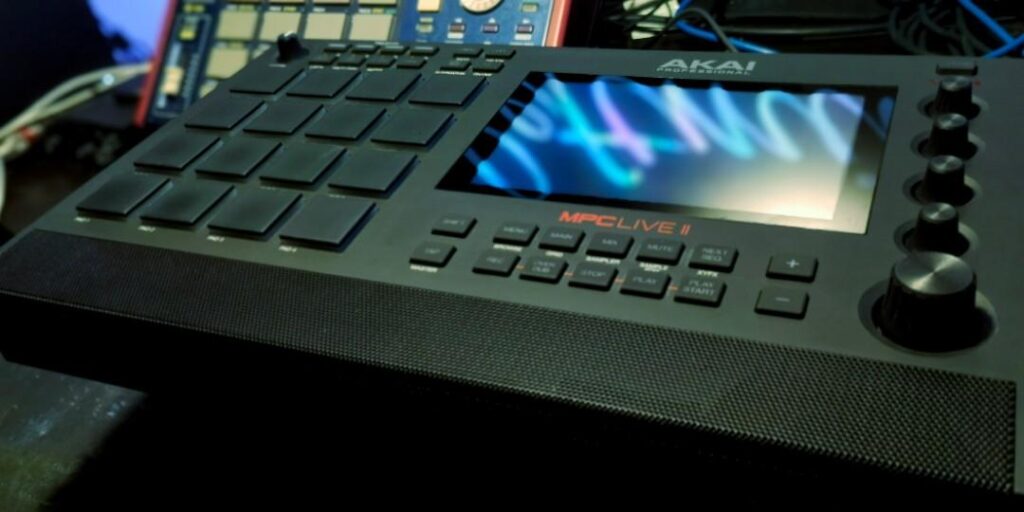
Ultimately, the MPC’s legacy extends beyond the confines of its iconic interface. Its greatest impact lies in the countless beats it has inspired and the cultural movements it has fueled. The MPC’s integration of sampling, sequencing, and drum programming disrupted the status quo, democratizing music production and giving voice to a new generation of artists
The Unwavering Legacy of the MPC
Today, as we trace the evolution of beat making culture, we see the footprints of the MPC at every turn. It is a testament to the instrument’s enduring appeal that, despite the rapid advances in music technology, the MPC remains a celebrated icon in beat making culture.
The MPC’s legacy is not merely historical; it is ongoing, shaping the future sounds of music genres worldwide. The MPC continues to be the rhythmic heartbeat that pulses through the veins of music creation, an enduring symbol of innovation and creativity in the world of beat making.
How useful was this post?
Click on a star to rate it!
Average rating / 5. Vote count:
No votes so far! Be the first to rate this post.
Author
-
Quintin Branecki is a multi-talented individual with a passion for music, website design, and competitive gaming. His dedication to mastering Street Fighter 6 and his rising success in the professional gaming scene is impressive. As a valued web developer and designer at ThreeSphere, Quintin brings a wealth of expertise in creating visually stunning and highly functional websites. His background in music and creative arts provides a unique perspective on blending technology with creativity. Quintin's diverse skill set and experiences enrich the Info Futura Feed team, making him an invaluable asset in the realms of web development and the gaming community.
View all posts

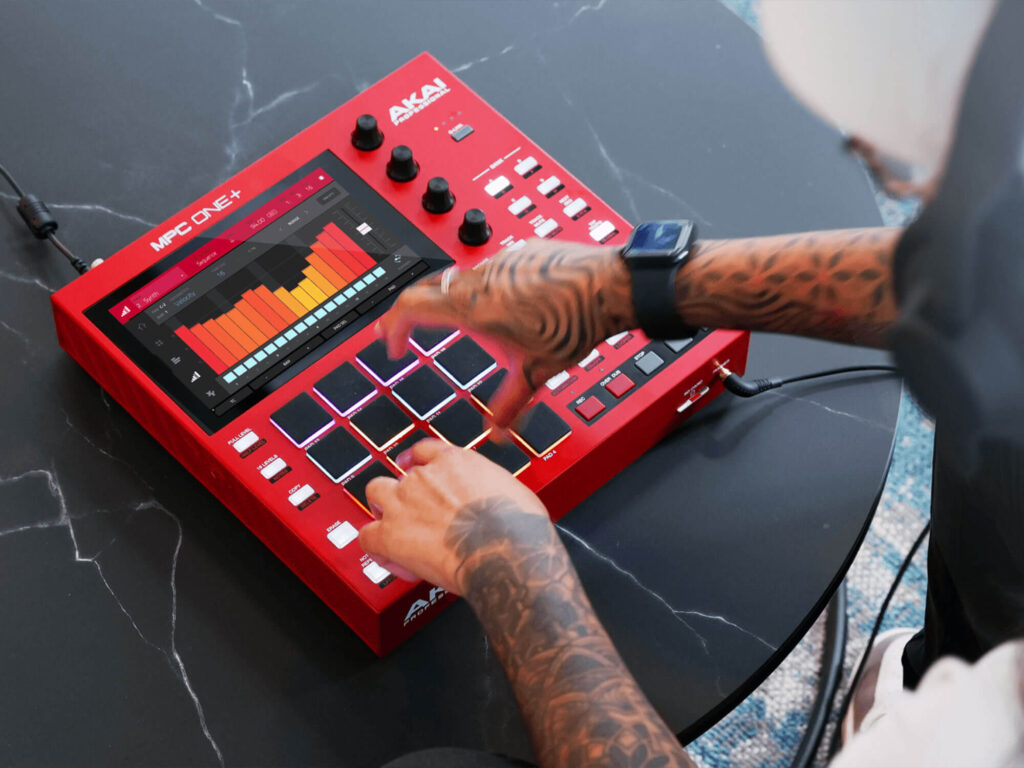



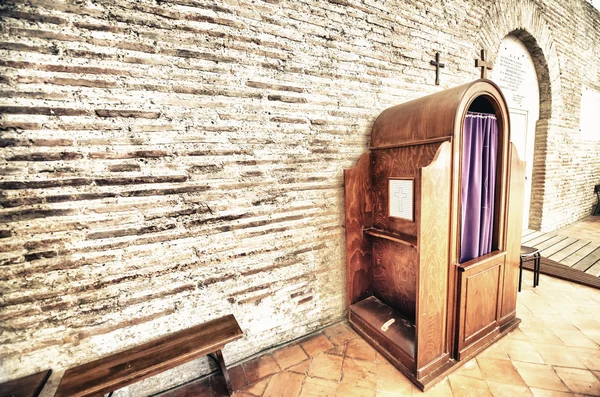

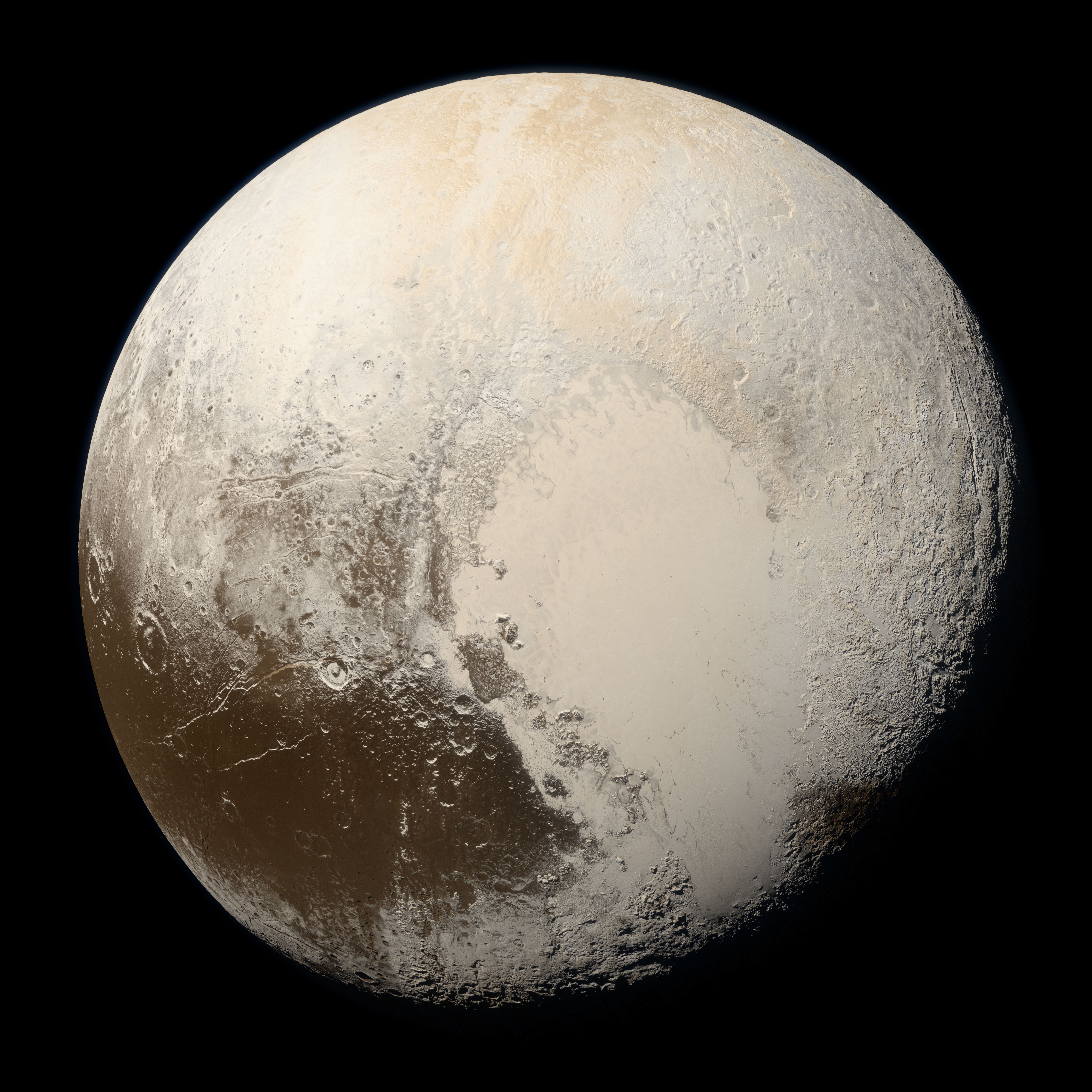
Visitor Rating: 5 Stars